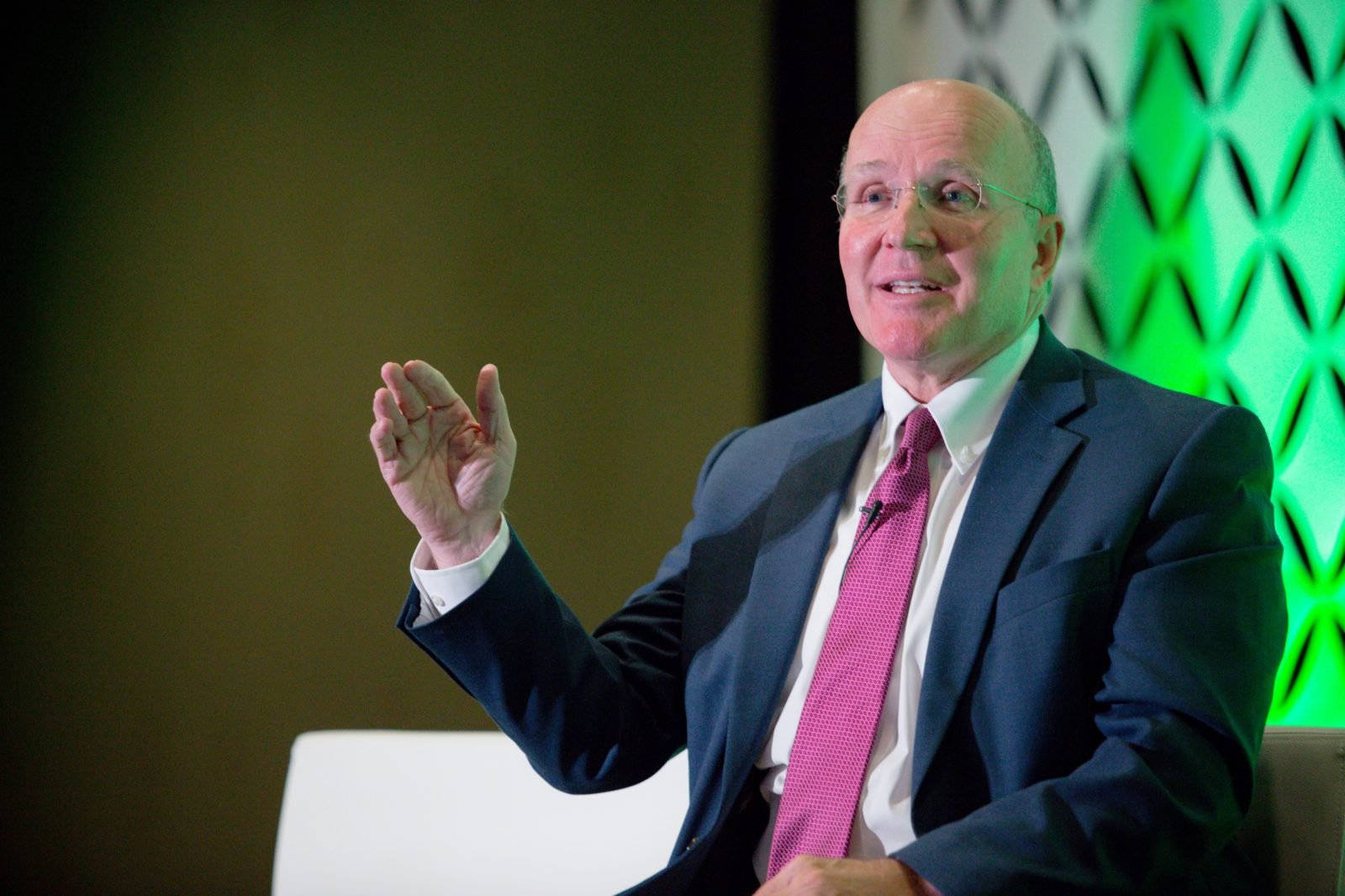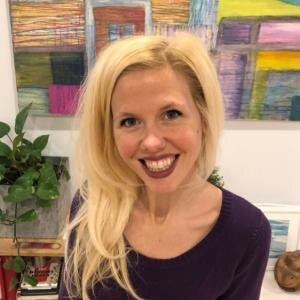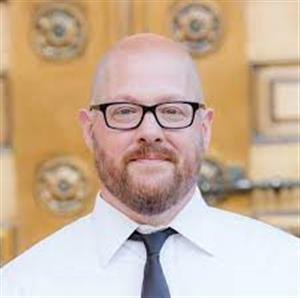We first spoke with Joe Pine way back in March of 2015 primarily about his books, The Experience Economy and Infinite Possibility. Our key takeaway from Joe's work is his Economic Value Progression graph which asserts that transformations are the highest level (at least in this world). This insight has become even more important as organizations move to subscription based models. We are looking forward to getting Joe's take and ask him about his recent piece in the Harvard Business Review - The "New You" Business.
A Bit More About Joe Pine…
Co-author of The Experience Economy, Joseph Pine II is an internationally acclaimed author, speaker, and management advisor to Fortune 500 companies and entrepreneurial start-ups alike. In 2020 Mr. Pine and his partner James H. Gilmore re-released in hardcover The Experience Economy: Competing for Customer Time, Attention, and Money featuring an all-new Preview to their best-selling 1999 book The Experience Economy: Work Is Theatre & Every Business a Stage. The book demonstrates how goods and services are no longer enough; what companies must offer today are experiences – memorable events that engage each customer in an inherently personal way. It further shows that in today’s Experience Economy companies now compete against the world for the time, attention, and money of individual customers. The Experience Economy has been published in fifteen languages and was named one of the 100 best business books of all time by 800ceoread (now Porchlight). Mr. Pine also co-wrote Infinite Possibility: Creating Customer Value on the Digital Frontier with Kim Korn, Authenticity: What Consumers Really Want with Mr. Gilmore in 2007, and in 1993 published his first book, the award-winning Mass Customization: The New Frontier in Business Competition. Each book details Mr. Pine’s breakthrough thinking as he has accurately charted many structural shifts — from individualizing goods to today’s focus on customer experiences and many other changes in the economy and consumer sensibility.
Use these show notes to follow along with the audio:
Segment one:
It is said that economic eras have always been named based on the output. That would explain why we are big fans of Joe Pine’s book, The Experience Economy https://www.amazon.com/Experience-Economy-New-Preface-Authors/dp/1633697975/
Are we moving into the transformation economy? According to Joe, yes. We are transforming through the experiences we have.
“What transformations do is they change us from the inside out.” —Joe Pine
If you weren’t paying attention, it’s understandable to have missed the difference between commodification, commoditization, and customization. I can’t do Joe’s words justice in a tweet so listen to him go through it in segment one of our show today
“Any company that is in the business of making you healthy, wealthy and wise is in the transformation business.” —Joe Pine
Segment two:
The New Your Business is an article co-written by Joe Pine in Harvard Business Review. If you have not read it yet, please do yourself a big favor and click/tap this link https://hbr.org/2022/01/the-new-you-business
Rarely is their one life transforming experience. More often it is a progression…a series of successes.
The Five Whys method is simple: when a problem occurs, you drill down to its root cause by asking "Why?" five times. Then, when a counter-measure becomes apparent, you follow it through to prevent the issue from recurring.
Segment three:
Charging for the outcome and NOT the activities is a part of what it means to be in the transformation business.
The subscription pricing model gets you to the experience level (which is close to transformation). “You are what you charge for.” —Joe Pine
“Once you start charging for OUTCOMES it changes how you do things.” —Joe Pine
What is the difference between insurance, assurance, and ensurance? Joe talked through this during segment three of the show today.
Segment four:
There are 3 phases of transformation as defined in Joe’s book: the up front diagnosis, the design of a set of experiences, and the follow through
Many of the folks that Ron and Ed work with are used to stacking services. “Designing the offering” is a critical section for you towards the end of Joe’s HBR article. More here: https://hbr.org/2022/01/the-new-you-business
“Transformation business models will be much harder to imitate than those that offer only goods, services, or experiences. And they promise to generate a handsome reward.” https://hbr.org/2022/01/the-new-you-business
A big THANK YOU to Joe Pine for joining us today. Please check out his books, The Experience Economy and Infinite Possibility as well as his HBR article, The “New You” Business https://hbr.org/2022/01/the-new-you-business
Bonus Content is Available As Well
Did you know that each week after our live show, Ron and Ed take to the microphone for a bonus show? Typically, this bonus show is an extension of the live show topic (sometimes even with the same guest) and a few other pieces of news, current events, or things that have caught our attention.
Click the “FANATIC” image to learn more about pricing and member benefits.




























